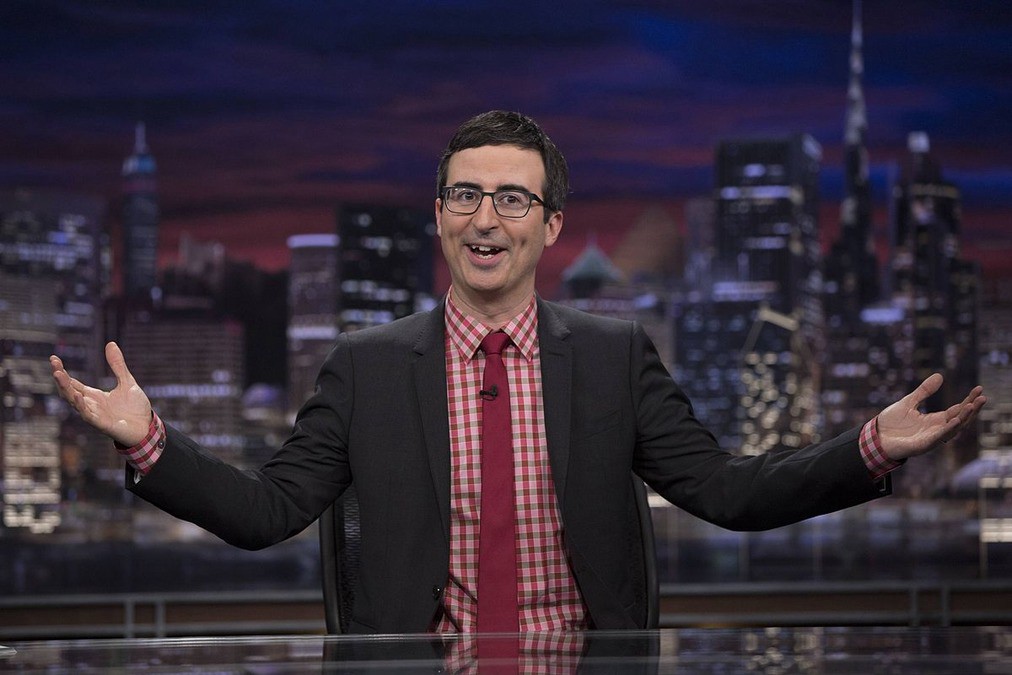John Oliver’s HBO show Last Week Tonight isn’t like much else on TV — because it’s better than most things on TV. In the wake of his critical and viral success, Oliver revealed that he wanted to bypass the usual ways that a writer’s room is formed — via agents and insider friends and acquaintances — to find fresh perspectives usually not represented on late-night talk shows.
To that end, Oliver and his team fielded two rounds of blind submissions — a technique that’s done wonders for women in the classical music world. The ranks of female orchestra members rose from less than 5% in the 1970s to the mid-30s% today after two decades of holding blind auditions.
The new show also enlisted the help of former David Letterman writer Nell Scovell, who “encouraged women writers with no experience in television to apply” and “actively sought out people online, or in magazines, or anywhere she thought there were funny women writing, and she went after them saying you should be working, if you want, in late night comedy,” according to Oliver.
Though the first round of writer applications are usually blind, the second is not. During the latter, Oliver chose to hide the writers’ names from himself, he says, to fight against his own prejudices.
Last Week Tonight ended up with two female staffers, Juli Weiner and Jill Twiss, out of a total of nine writers. That 22% figure doesn’t sound like much, but it’s certainly an improvement over other shows. Of the three 2014 Emmy-nominated late-night talk shows, Jon Stewart boasts a 19% female writing staff (3 of 16 writers), Jimmy Fallon a 10% female writing staff (2 of 20 writers), and Stephen Colbert a paltry 5% (only 1 of his 19 writers is a woman).
So kudos to John Oliver for being astute and principled enough to recognize that we’re all plagued with unwanted biases — and for actually taking the steps to battle against them to create a fairer playing field.
[via Capital NY]






